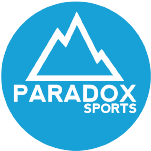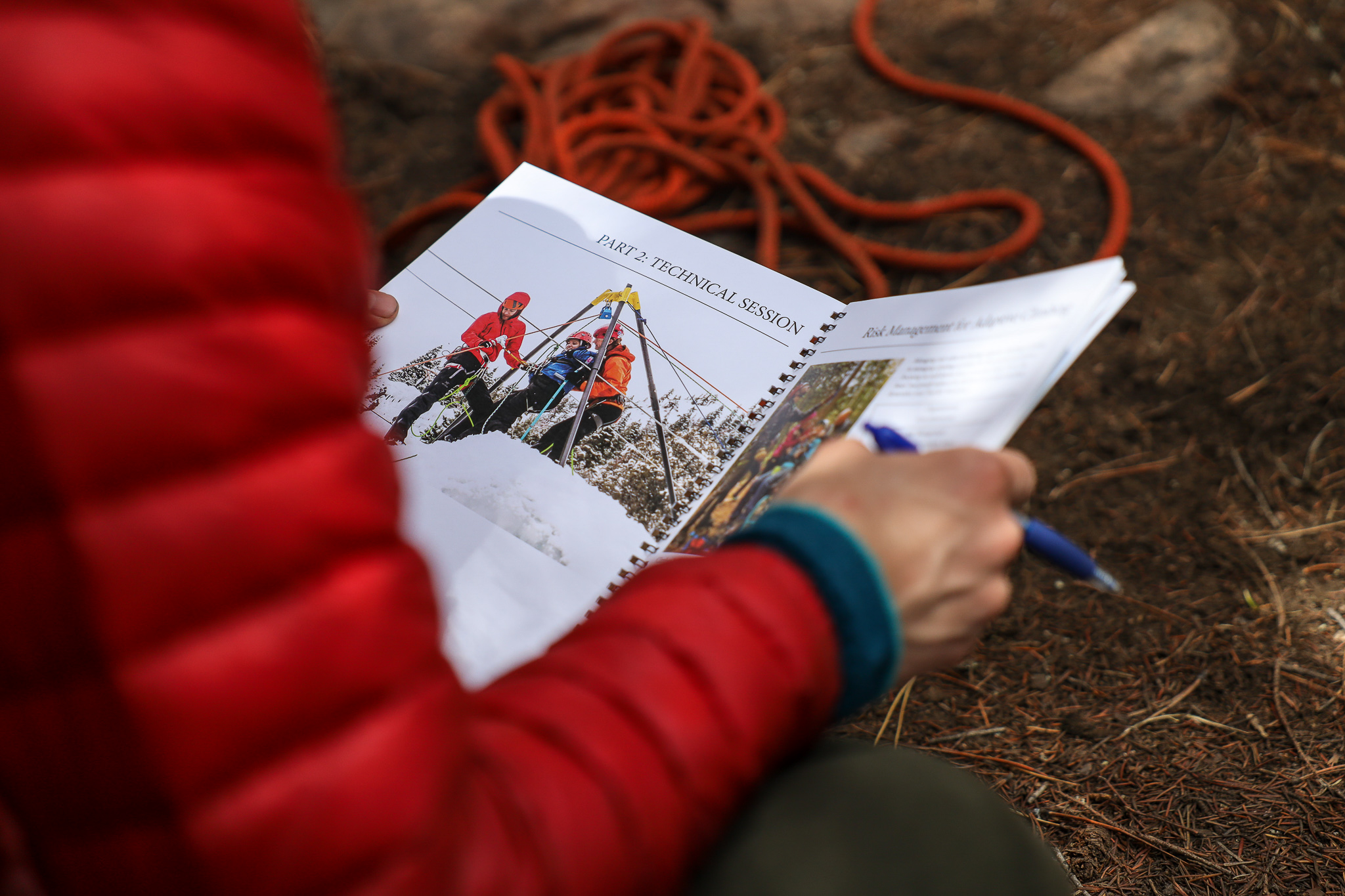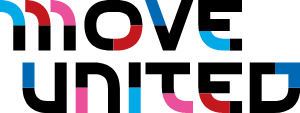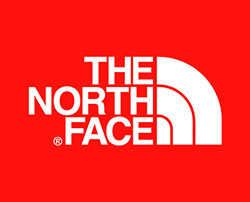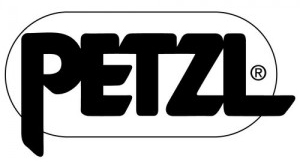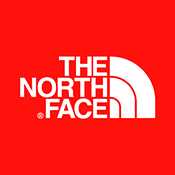
Why Join the Initiative?
The Adaptive Climbing Initiative Course, sponsored by The North Face, allows facilitators and individuals to connect adaptive athletes with the climbing community.
Since many people first experience the sport of climbing through a gym, hosting a course helps facilities draw new memberships while increasing the diversity of the climbing community. Attending a course is a great opportunity for guides, students, climbing facilitators, recreational climbers, and anyone interested in adaptive climbing to improve rapport and approachability with people of different backgrounds while providing an intriguing challenge.
Host A Course
Host an Adaptive Climbing Initiative Course
Hosting an Adaptive Climbing Initiative course is the best way to make your climbing programs accessible to people of all abilities. Paradox Sports has brought these courses to commercial gyms, universities, and recreation centers across the US and Canada. Hosting a course is easy, and provides climbing facility managers with a solid foundation for building an adaptive climbing program. Facilities who have hosted this course have been able to:
- Start Adaptive Climbing Clubs or host Adaptive Climbing Nights.
- Serve school groups, birthday parties and other groups that may
have participants with disabilities. - Open their doors to climbers or all abilities.
- Support adaptive competition climbers and teams.
Attend A Course
Attend an Adaptive Climbing Initiative Course
Open Enrollment programs allow interested individuals and small groups to attend an Adaptive Climbing Initiative course at a host facility. These opportunities are perfect for guides, students, climbing facilitators, recreational climbers, and anyone interested in adaptive climbing.
Interested in attending an Adaptive Climbing Initiative Course? Please send all inquiries to info@paradoxsports.org
Outdoor Adaptive Climbing Initiative
Outdoor Adaptive Climbing Initiative
This new Outdoor Adaptive Climbing Initiative Course is designed to prepare leaders in the climbing industry with the “tool-kit” necessary to accommodate climbers of any and all abilities in their programs or guide schools. If you want to learn more about the Outdoor ACI and upcoming courses, you can find the webpage here.
Interested in attending an Outdoor Adaptive Climbing Initiative Course? Please send all inquiries to info@paradoxsports.org
How It Works
Supported by The North Face, Paradox Sports has created a comprehensive training program to help make climbing facilities more accessible to people with physical disabilities.
This two day course gets climbing facilitators the experience and equipment they need to offer quality adaptive climbing programs for these individuals in their communities.
About the Course
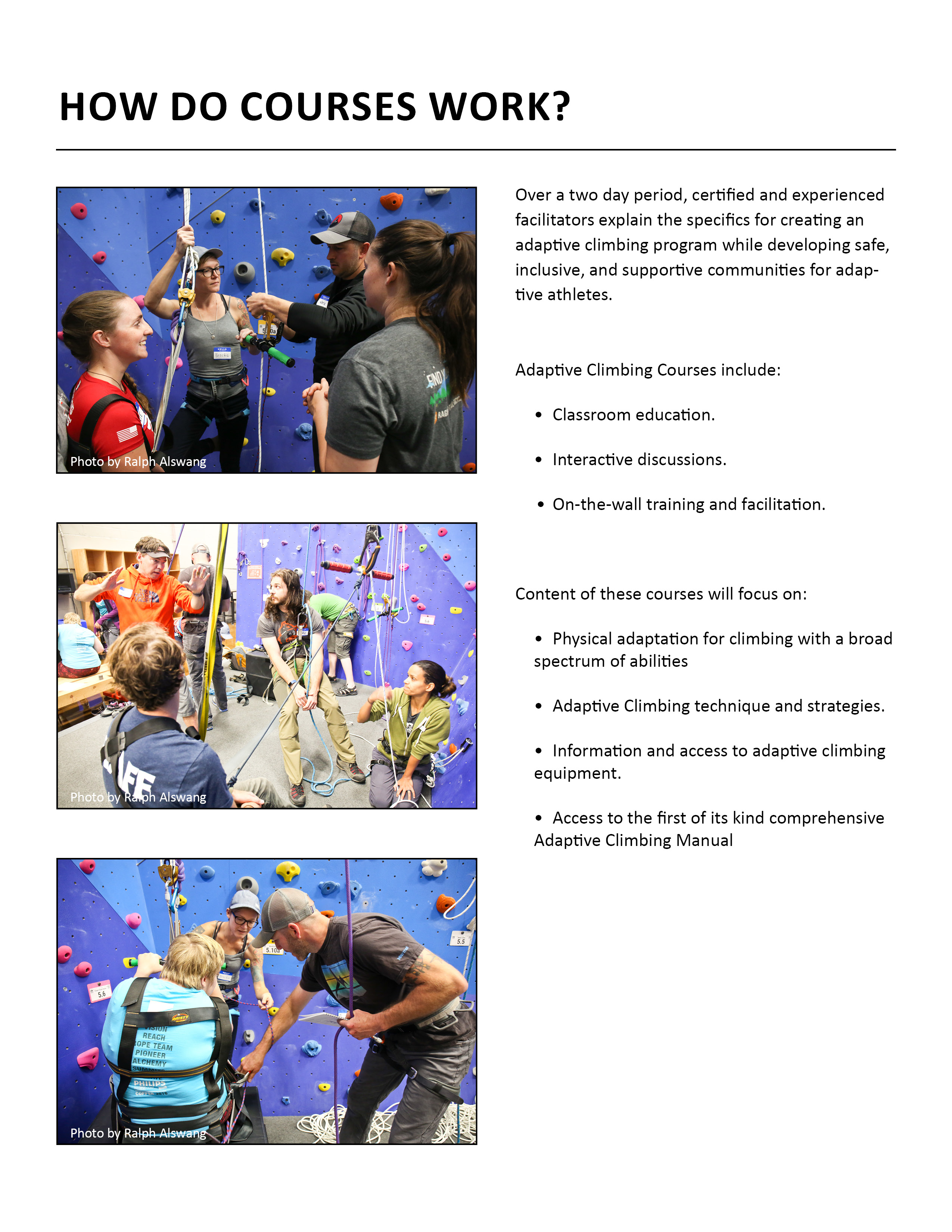
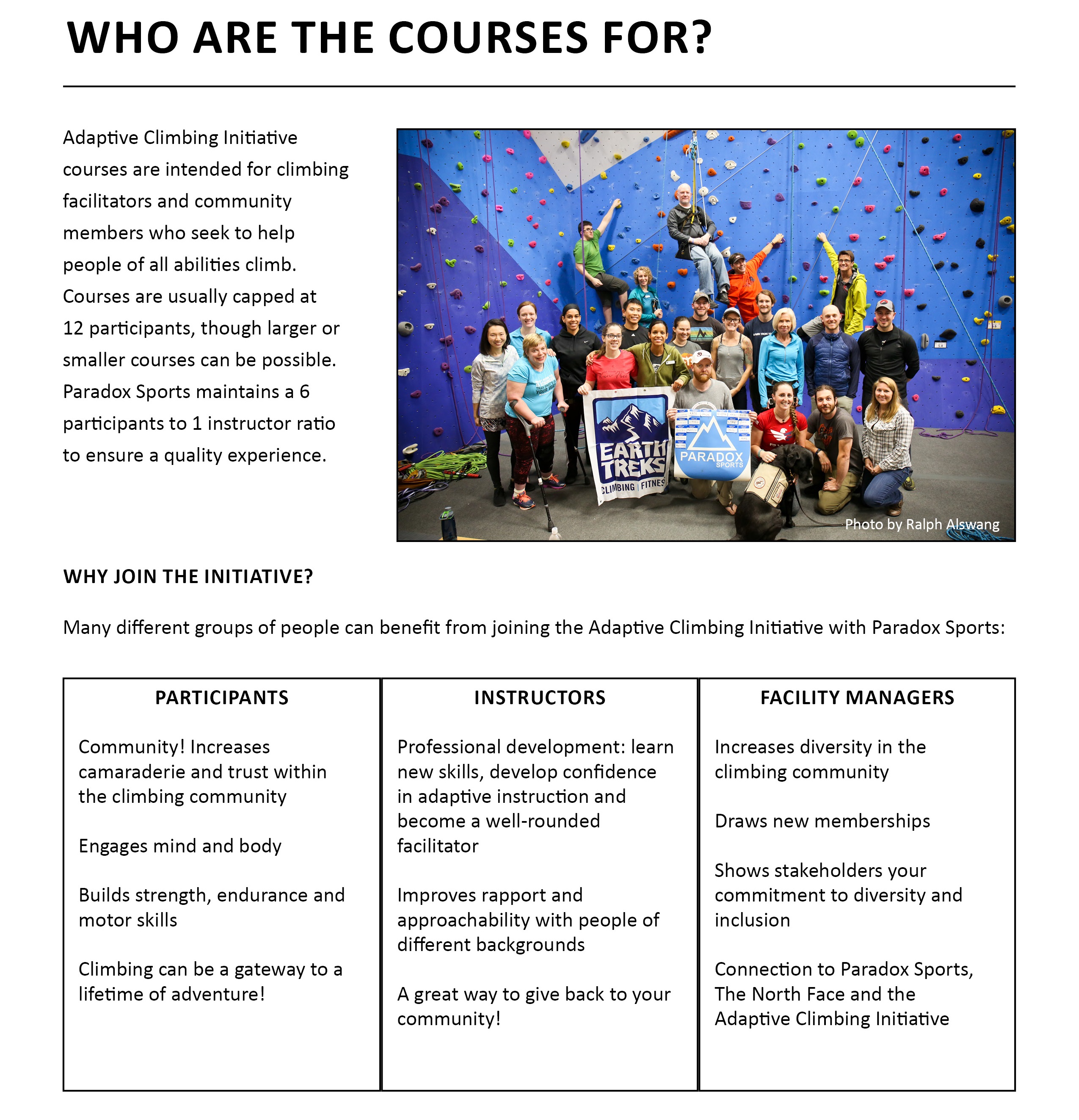
Course Agenda
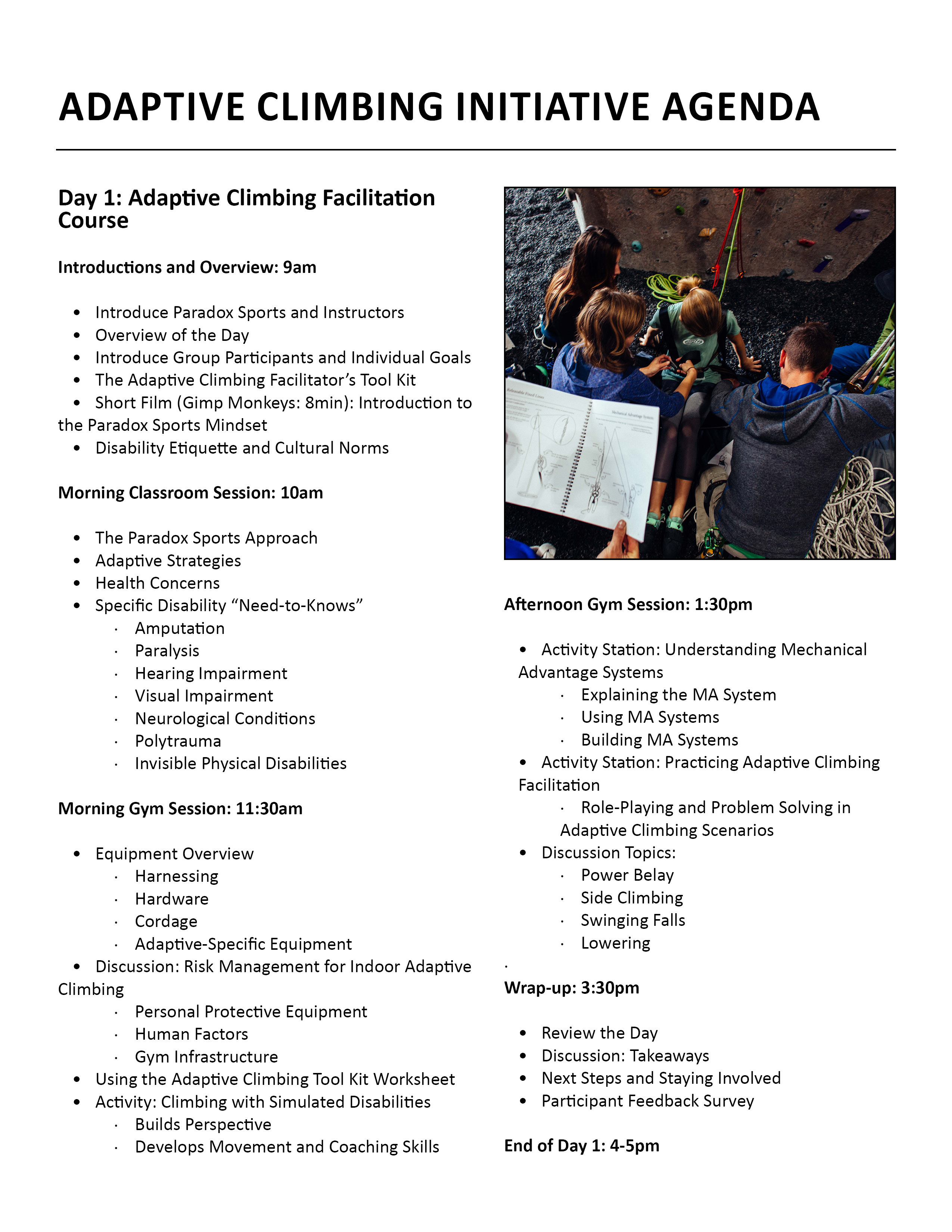
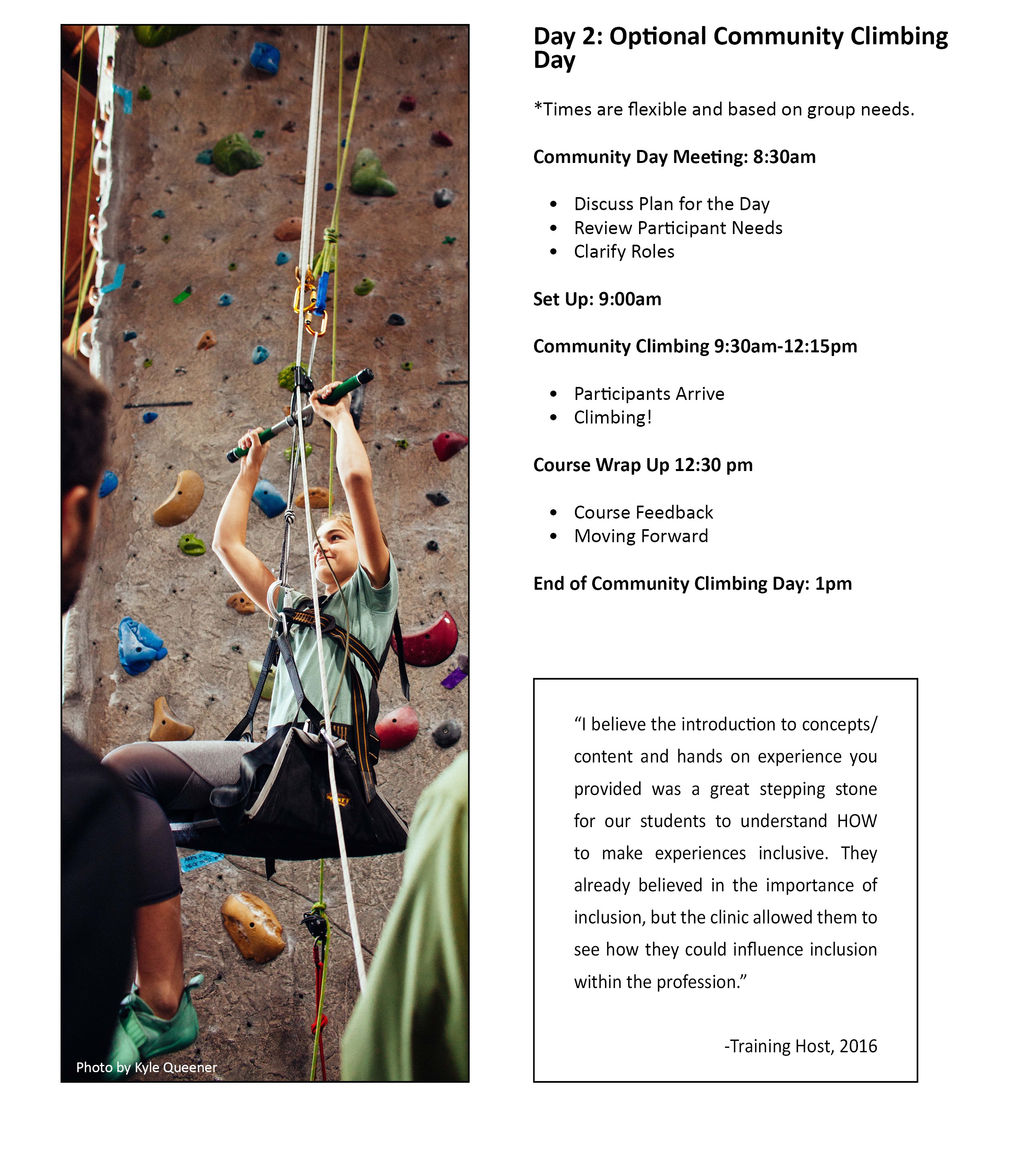
Package Options
Course Package Options
We offer multiple training options.
Please contact us at info@paradoxsports.org for more information.
Adaptive Equipment
Adaptive Climbing Equipment
This is a basic equipment list that we have found to work for most programs. Exact quantities for each type of equipment should be customized for your climbing facility and participants. This equipment can be purchased from Paradox or your program can provide it. Standard gym equipment such as harnesses, ATC belay devices, dynamic ropes, and helmets are not included in this list, but are necessary for our courses.
Example Equipment List:
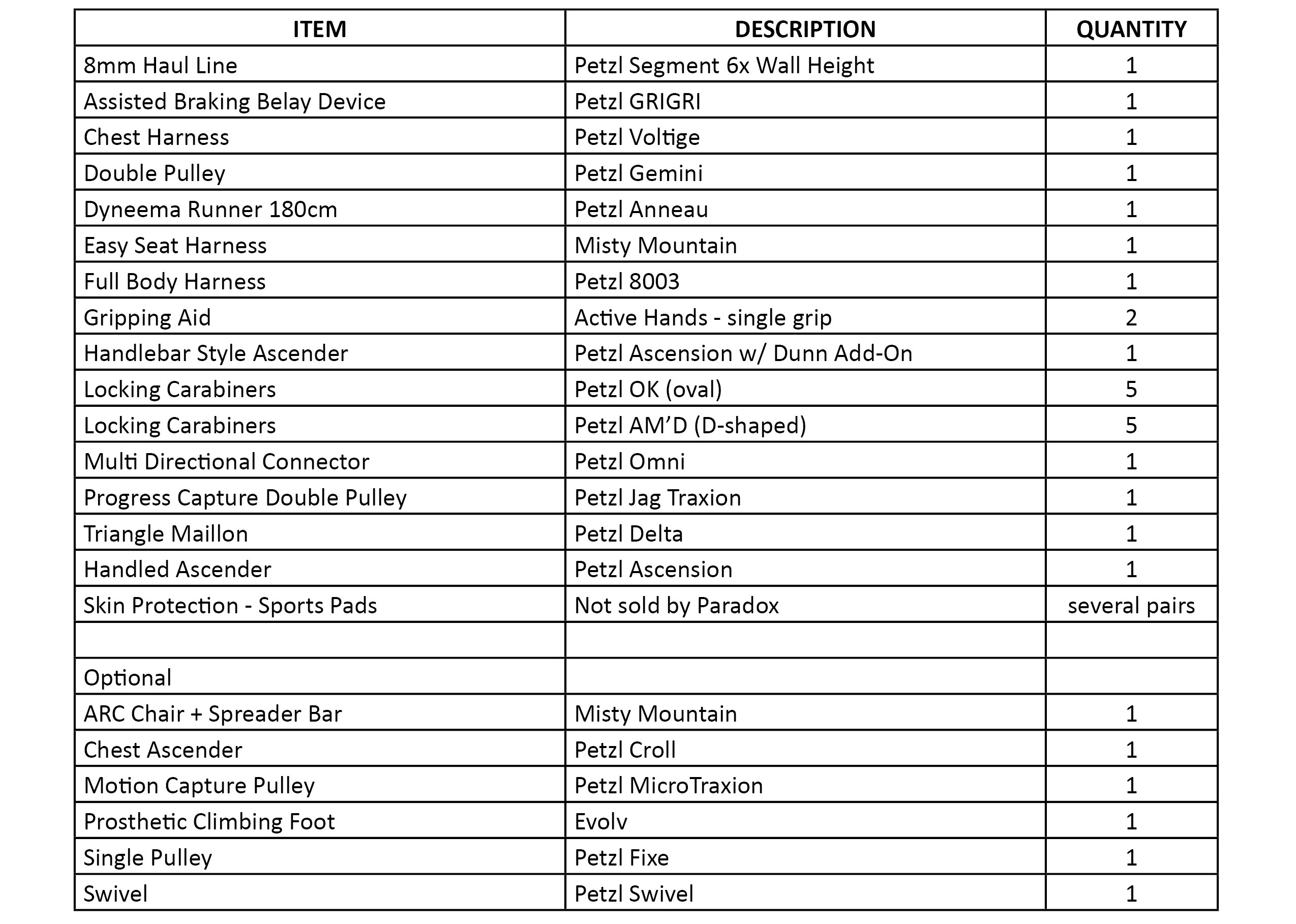
The North Face and Paradox Sports
Course FAQs
Course FAQs
I am an individual, can I sign up for an Adaptive Climbing Course?
Yes – courses are held all over the United States. Open Enrollment programs allow interested individuals and small groups to attend an Adaptive Climbing Initiative course at a host facility. These opportunities are perfect for guides, students, climbing facilitators, recreational climbers, and anyone interested in adaptive climbing.
I own or work at a climbing facility, can I host an Adaptive Climbing Course?
Yes – any climbing area in the United States can host an adaptive climbing course. Our schedule fills up fast though – we recommend inquiring at least six months to one year before the date you would like to host a course.
For the training, are the two days full eight hour days?
The first day of the course is a full day (9 am – 4 or 5 pm). We will host a group of climbers with disabilities on the second day of the course. This session is typically a half-day, and can be held in the morning or afternoon.
What is needed from a host facility?
1. An area to hold the training for 12-18 people. A private classroom setting or a “birthday party” room will work best – but a quieter area of the gym works too. We would also utilize a projector if one is available.
2. Access to a beginner climbing wall.
3. Help spread the word by recruiting facilitators who would be interested in adaptive climbing to attend the trainings. Potential facilitators typically include gym staff, gym members, employees at local nonprofits, therapists at rehab centers/hospitals, or people affiliated with other local adaptive sport programs.
4. Help recruiting people with disabilities to climb on day two (community day).
If we invite others to our gym to take the training, what would they be learning to do in our gym?
The course offers general guidelines on working with adaptive climbers – the things that are helpful for people with all kinds of disabilities. We will go over the major categories of physical disabilities: amputations, paralysis and other common neurological disorders, visual and hearing impairment, and brain injuries. Anybody new to climbing will have many questions, and adding a disability to the mix compounds that sense of “How do I get started.” The first day of the training will help them answer this question and become familiar with how to use adaptive climbing equipment.
We will also cover:
-
How To Improve Gym Accessibility
-
Screening Participants
-
Climbing Techniques
-
Assisted Belay
-
Mechanical Assistance
-
Side Climbing
-
Adaptive Tools: Climbing feet and other prosthetic systems
I’m wondering what a non-employee might learn or need to know to help facilitate adaptive climbing?
The expert anecdotes and lessons provided, as well as the systems and resources, serve adaptive athletes, climbing wall instructors, outdoor guides and therapists, and well-being advocates of all types. In order to prepare for the clinic, non-employees should be belay certified. But in general we say: anyone who climbs can learn new skills and help empower others to climb from the weekend-long intensive course
Once a person attends the course, can they then teach others how to do the adaptive climbing?
People that become certified will be able to facilitate climbing for all people with adaptive needs and can launch climbing clubs that help people transition from being climbers with disabilities to simply being “climbers.” Put another way, we want to help people make climbing a regular part of their lifestyle. We encourage those participating in the clinic to get others involved and teach them how to use the adaptive equipment. We also published an adaptive climbing manual that we will leave with participants – which can be used as a personal resource or for sharing info with others who did not attend the clinic but would still like to help facilitate adaptive climbing.
Once we host the training, how do we let others know adaptive climbing is available?
We provide the following to help with outreach:
1. We will provide a front window or front desk sticker/signage to communicate you are part of the Adaptive Climbing Initiative.
2. We will provide digital artwork and copy you may use on your website to communicate you are part of the Adaptive Climbing Initiative.
3. The Adaptive Climbing Initiative will be promoted by The North Face. Gyms that are part of the Adaptive Climbing Initiative will appear on The North Face’s website at thenorthface.com/paradoxsports. Opportunities to appear on The North Face’s social media channel – including Facebook and Instagram – may also be available.
4. Gyms participating in the Adaptive Climbing Initiative will appear on the Paradox Sports website and we will refer adaptive climbers and potential volunteers to your facility. Participating facilities will also appear on our interactive location map with your website and contact information.
5. We are working with a leading public relations firm and are continuously looking for local outreach opportunities in your area. We hope that local media coverage in your region will help communicate your efforts in adaptive climbing.
How do we launch an adaptive climbing club?
We believe our course is a launching point to creating an adaptive climbing club. Our goal is to get an interested group of climbing facilitators the equipment and confidence to move forward with forming an adaptive climbing club. We are currently working to put together more thorough resources for gyms who have hosted an ACI Course and want to launch an ongoing program. At this time, if you are looking for additional support, please contact Dom@paradoxsports.org
What equipment do we need to run adaptive climbing programs?
This is a basic equipment list that we have found to work for most programs. Exact quantities for each type of equipment should be customized for your climbing facility and participants. This equipment can be purchased from Paradox or your program can provide it. Standard gym equipment such as harnesses, ATC belay devices, dynamic ropes, and helmets are not included in this list, but are necessary for our trainings. You can find an example list under Package Options.
Where We’ve Trained
Fetching directions......
